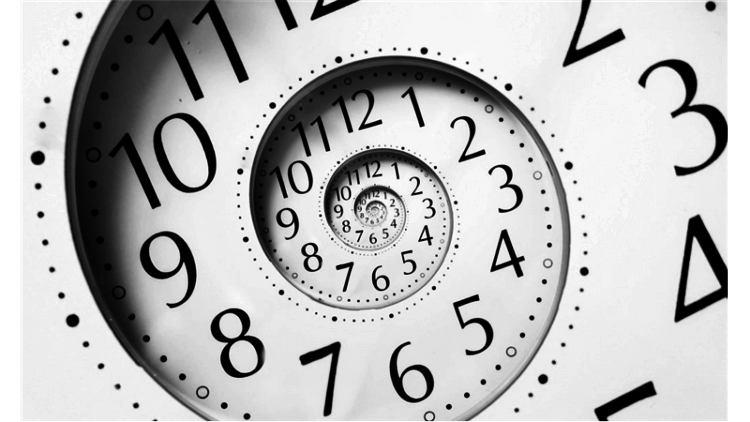
Written by Stefania Tomaszewska, the third place of the Askpetersen Essay Writing Contest.
When I tell the people I just met that I’m a Jew (if religion comes up as an issue in the conversation), they usually think I’m part of those communities of extremely rigid Jews. They wear black clothes and the men have funny haircuts. I don’t look like that and I don’t belong to such a community. Still, I am a Jew. I am a believer. After explaining that, I usually get a question that’s supposed to cause inconvenience: “what do you think about Jesus Christ?” That’s not an easy topic to discuss. After thorough self-analysis and self-observation, I realized that if I could go back in time and stop one thing, I would choose to stop the pride of the masses and the way Jews judged Jesus Christ.
I don’t perceive these questions from my new friends as judgment. I choose to think it’s pure curiosity. However, I am not too proud to consider their points of view. I understand why Christians are judging Jews (although their religion imposes the rule “do not judge, or you too will be judged”). After all, Jews were the ones that judged the one they perceive as the Messiah. In a way, they feel responsible to “return the favor”. Dare I mention the Holocaust? Many of my ancestors were killed during that horror, and it’s the thing I would love to change more than anything. If God gave me a chance to change that, I would’ve go further back in time. I would do something that would change the way the world had perceived Jews throughout history. I came to that realization through self-analysis.
Sometimes, I need to forget about my pride for being a Jew and understand where people’s opinions and questions are coming from. Tolstoy, my favorite writer, kept a systematic diary that included his impartial analysis and self-observation. He was focused on identifying and overcoming his flaws, but he failed to overcome two important ones: pride and vanity. However, he was still aware of them and he tried to simplify his life and character.
Tolstoy’s self-observations inspired me to do something similar. Instead of being angry at the nations and religions that made the Holocaust happen, I should start changing my own approach. In my opinion, all pride and judgment comes from being part of the masses. Jesus were judged by the crowd. Whenever people gather together, their minds and actions start to take the shape of the crowd. In most cases, my relationships with other people, cultures and situations are based on coercion (both internal and external). I have individual thoughts, preferences and habits. However, whenever I’m asked to have an opinion about something, I am being pushed towards something that may or may not be consistent with my internal state of being. In fact, forcing few people’s will on the crowds is the way this world works.
When the crowd chose Barabbas over Jesus, the individuals that belong to it weren’t encouraged to understand their own will. They simply accepted the will of their religious leaders as their own. Religious leaders are worthy of respect, but they are not sinless and faultless. They are, after all, human beings. It wasn’t just their authority; their legacy was also endangered by the appearance and preaching of this man, so they chose to lead the crowd the way they did. I understand it was wrong. I wish I had the power to change what happened. However, I don’t think that Jesus was the Messiah. We’ll recognize the Messiah without doubts because then, the world will be at peace. I believe that the Jewish faith and culture should remain consistent, and we should stay strong by the principles it sets. However, we should still stay open to the world and accept that not all people are the same.
I understand the criticism geared towards the organized religion of Jews, which turned on Jesus. His suffering and death are the biggest critique. However, I am still aware of the warning in the scriptures, which says that God would be testing the Jews through false prophets. I stay strong in my faith, but I also understand the flaws of my ancestors. I wish all others could do the same. If I could go back in time, I would try to stop the masses. If that didn’t happen, our world would be different. A Jew’s world would’ve been different. The Holocaust wouldn’t have happened. Since it’s not possible for me to change history, I have only one wish: for people to start understanding each other. Such horrors should never happen again.